Panneau latéral
Ceci est une ancienne révision du document !

Indira Thouvenin
UMR CNRS 7253 Heudiasyc
University of Technology Compiegne
Département des systèmes mécaniques
BP 20319 - 60206 Compiègne cedex
Tél : +33 (3) 44 23 45 47
Fax: +(33)3 44 23 52 29
Email:Indira.thouvenin@utc.fr
French nationality, born in Bangalore (India)
Inscription sur la liste de qualification des Professeurs d'Université, section CNU 27 (informatique), 2013
Informed Interaction
Informed interaction is a concept connecting 3D interaction in virtual environment and knowledge representation. An ‘enactive’ approach to cognition or ‘enaction’ inspires our work with the concept of ‘action guided by perception’. This notion originates from the reflections of Francisco Varela, a neurobiologist who, following his work with Maturana in Chile, sought an alternative to computationalism and connectionism as approaches to understanding cognition. Varela’s attempts to introduce concepts from the biological cognitive sciences and his research in neuroscience lead to the concept of ‘embodied cognition’.
Our objective is to understand how human experience can be at once reinforced,capitalized and re-exploited in a virtual environment. We are particularly interested in activities centred on training, design and collaboration for which on one hand knowledge engineering provides a pertinent level of abstraction and on the other hand virtual reality offers modes of interaction with sensory feedback which are beneficial for the users involved (trainers, students, designers, remote workers, etc.).In this vast region of investigation, we have chosen to focus on a single area: the relationship between interaction and knowledge within informed interaction. The corporal and intellectual experiences facilitated by virtual reality are intimately linked with phenomenology and it is this interpretation which has lead us to structure our outlook:
- on one hand, how can knowledge representation be constructed from a user’s interaction with objects in a virtual environment, his independent exploration and his unique perception of the system? In this case, we investigate the user as the architect of knowledge at the centre of his own activity. As knowledge is created, he can share it via evolved interactive systems;
- on the other hand, how interaction can be supported by knowledge representation within the environment to guide the user in the virtual environment? Here, we investigate models of virtual informed environments in which interaction is increasingly complex.
Our approach mixes technology and theory, and thereby promotes the emergence of new concepts, models and methods. We have developed numerous models and informed environments for application in design, training and communication.




